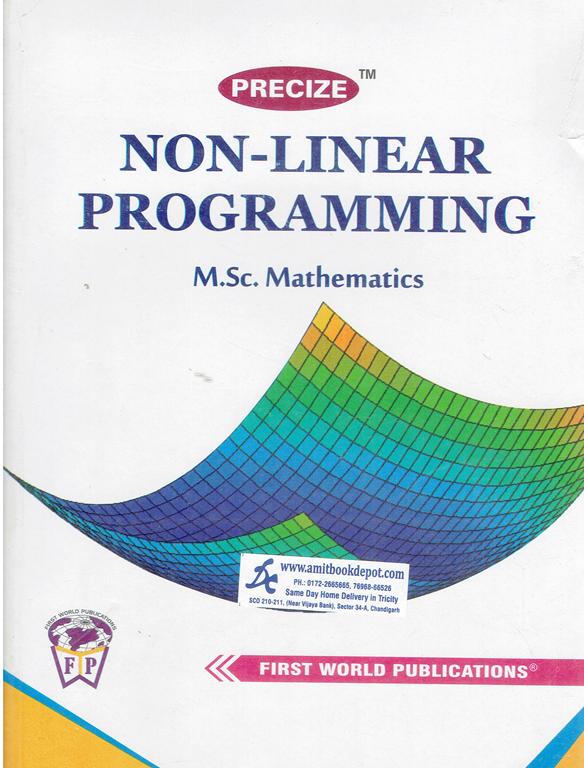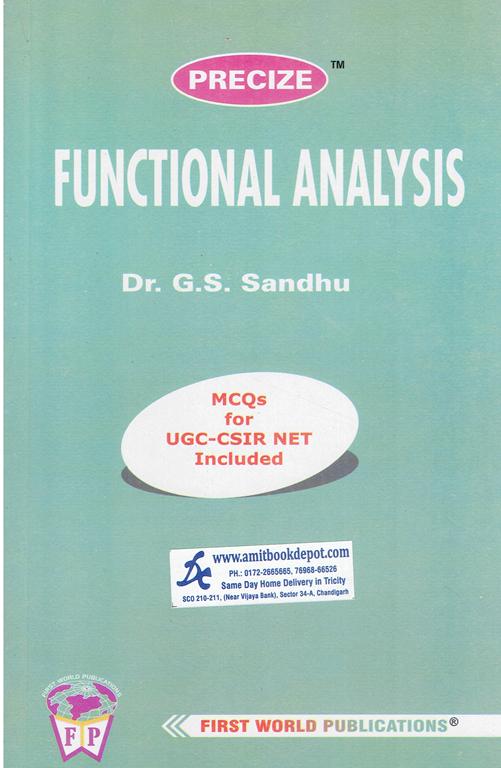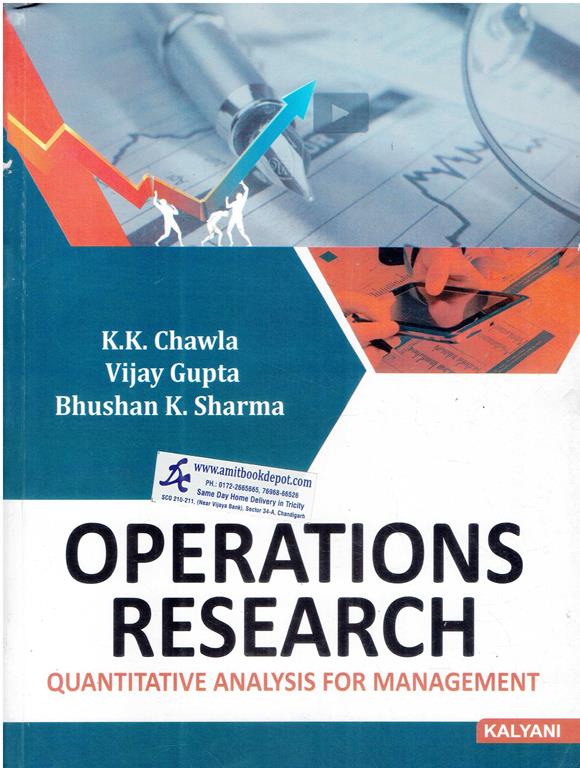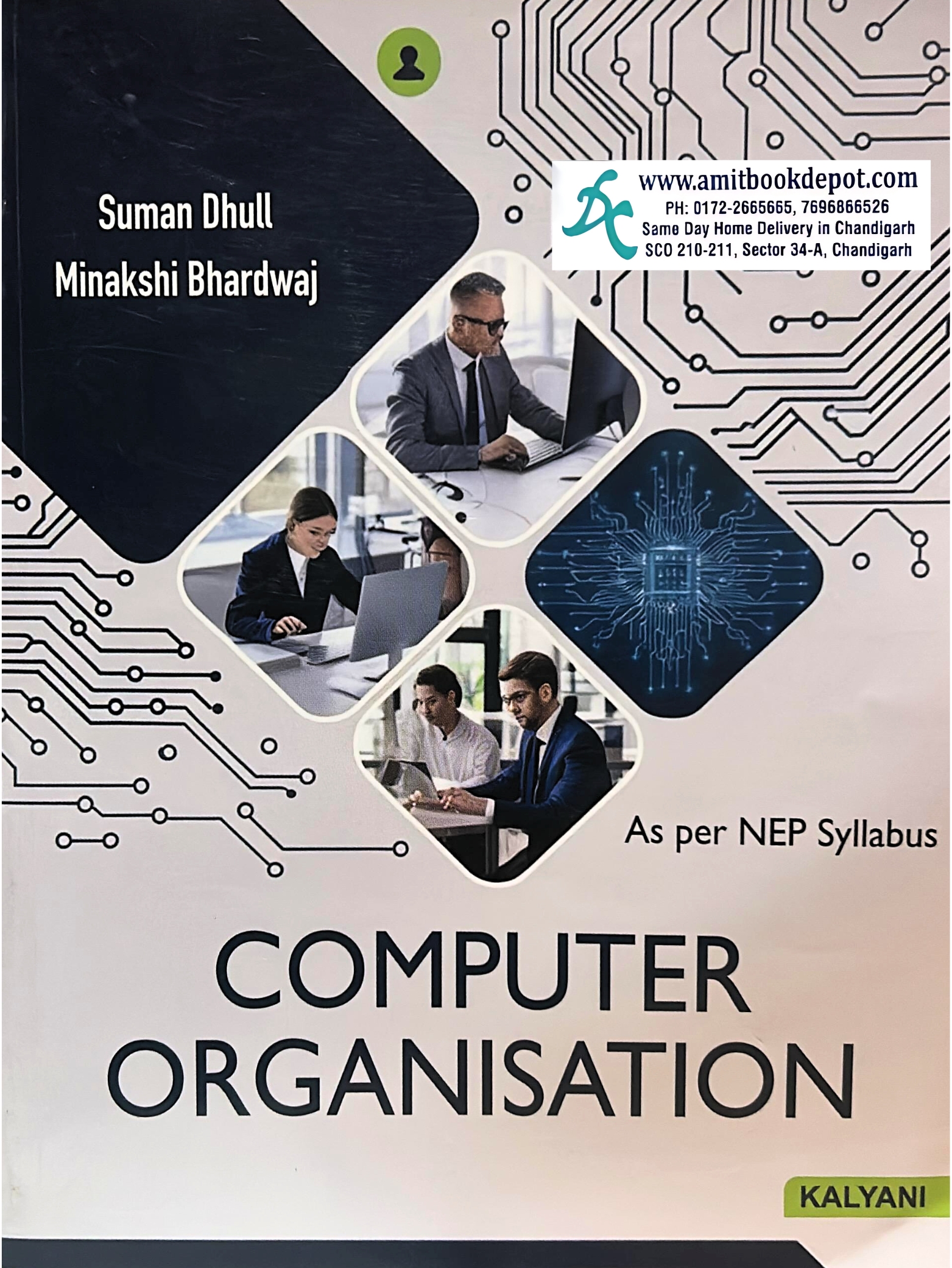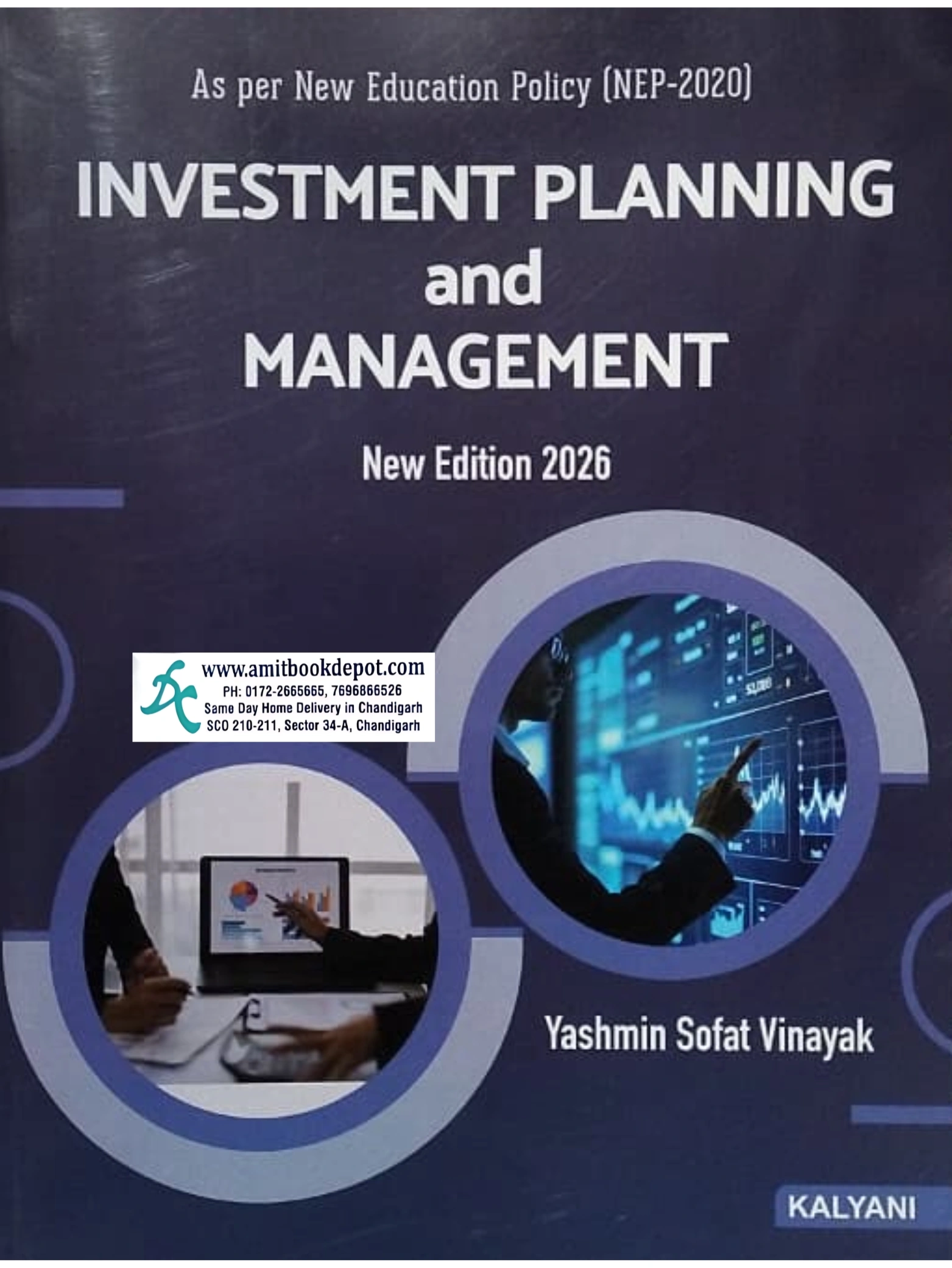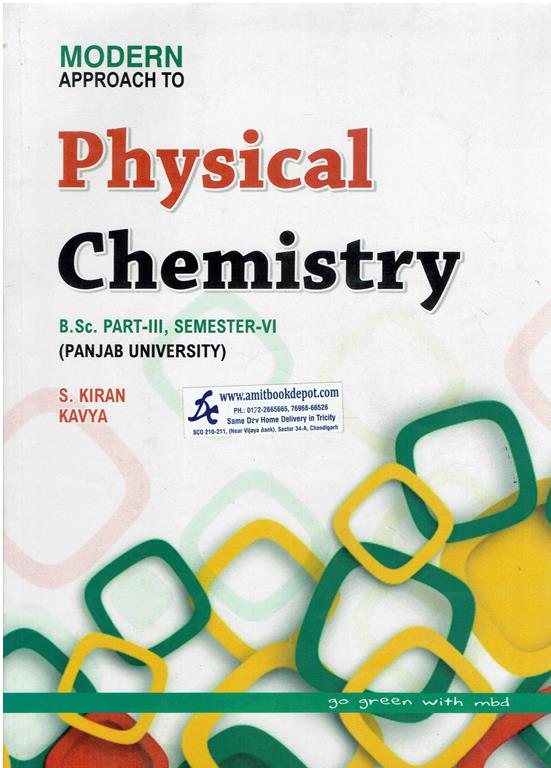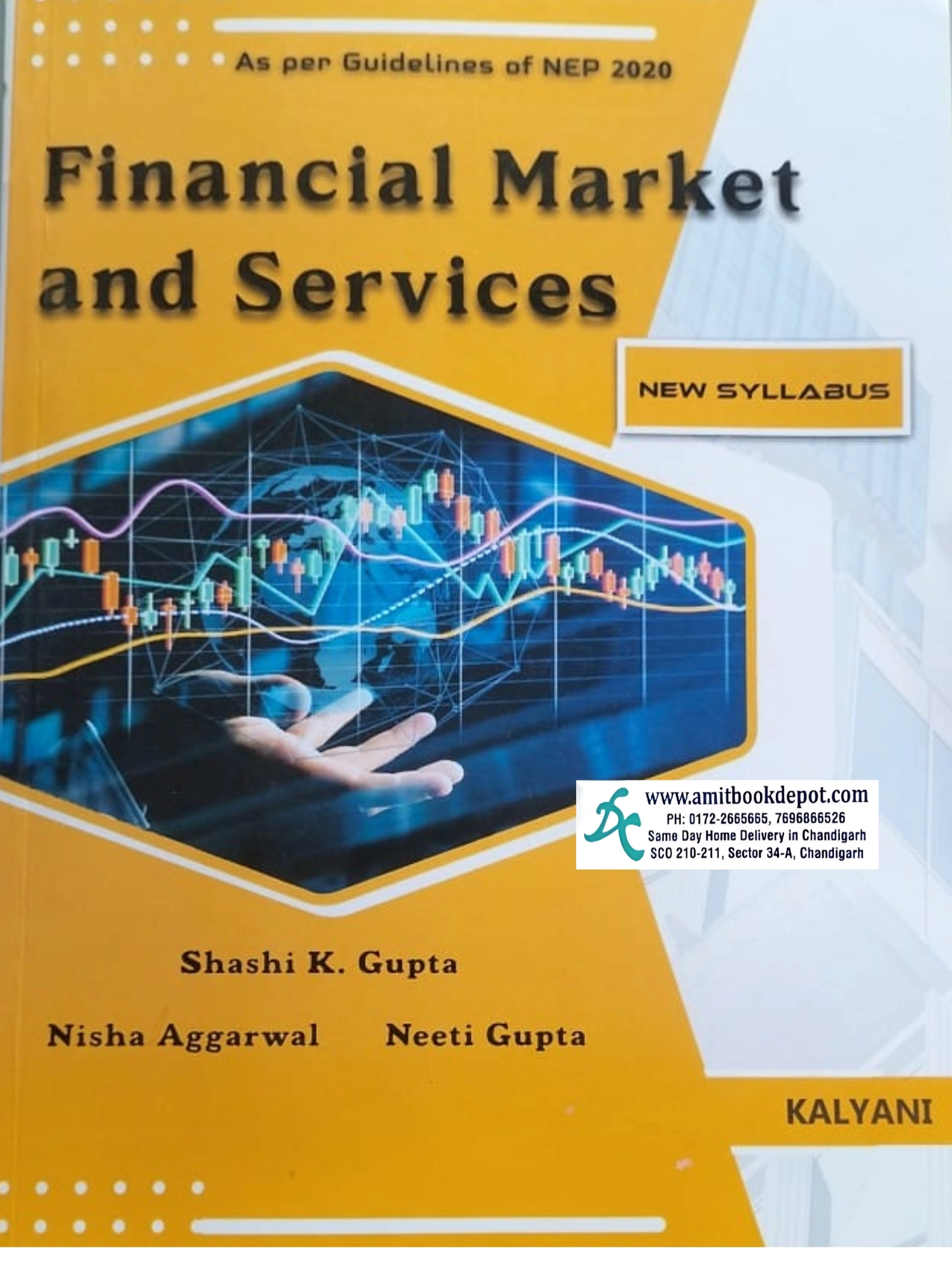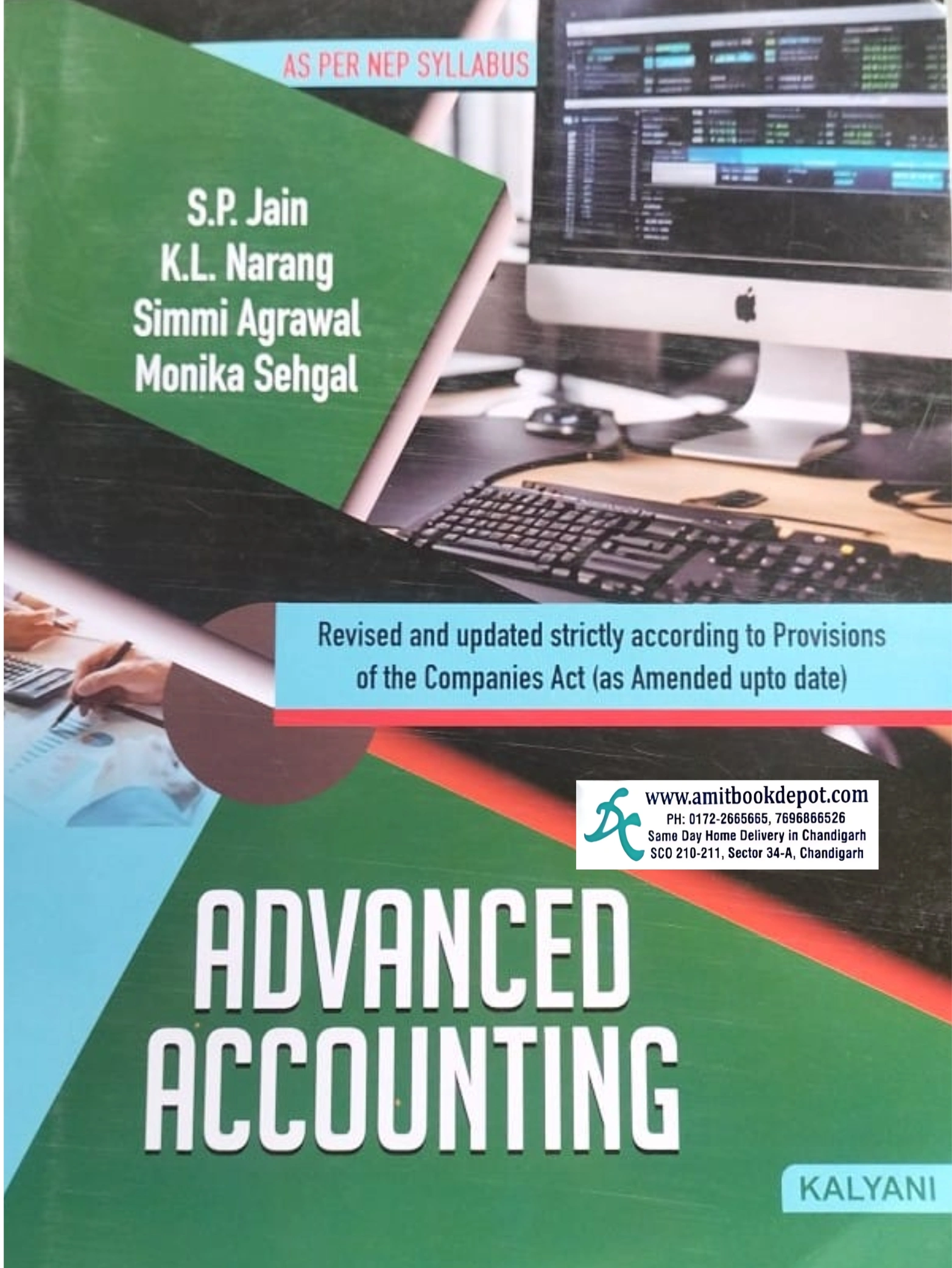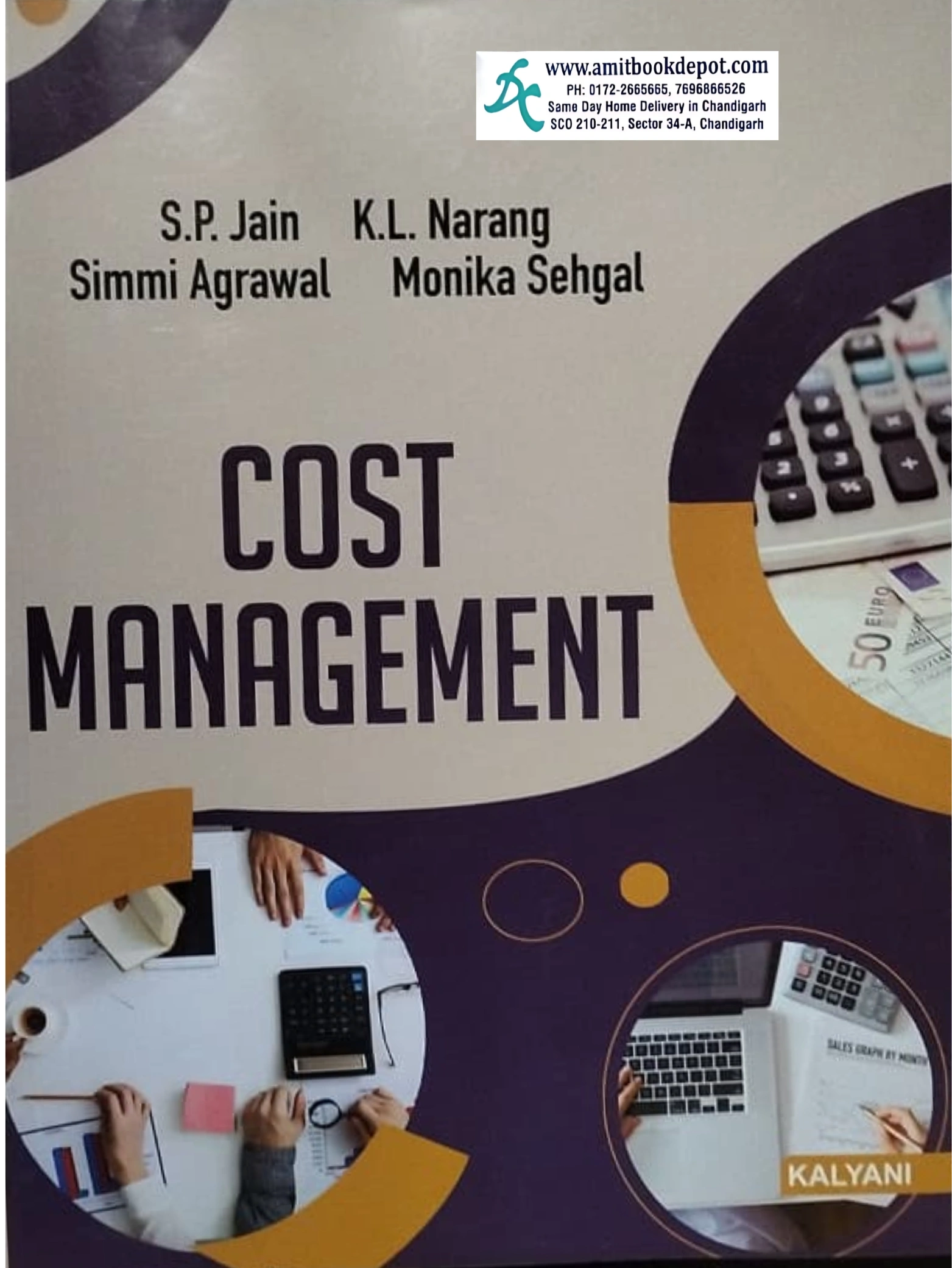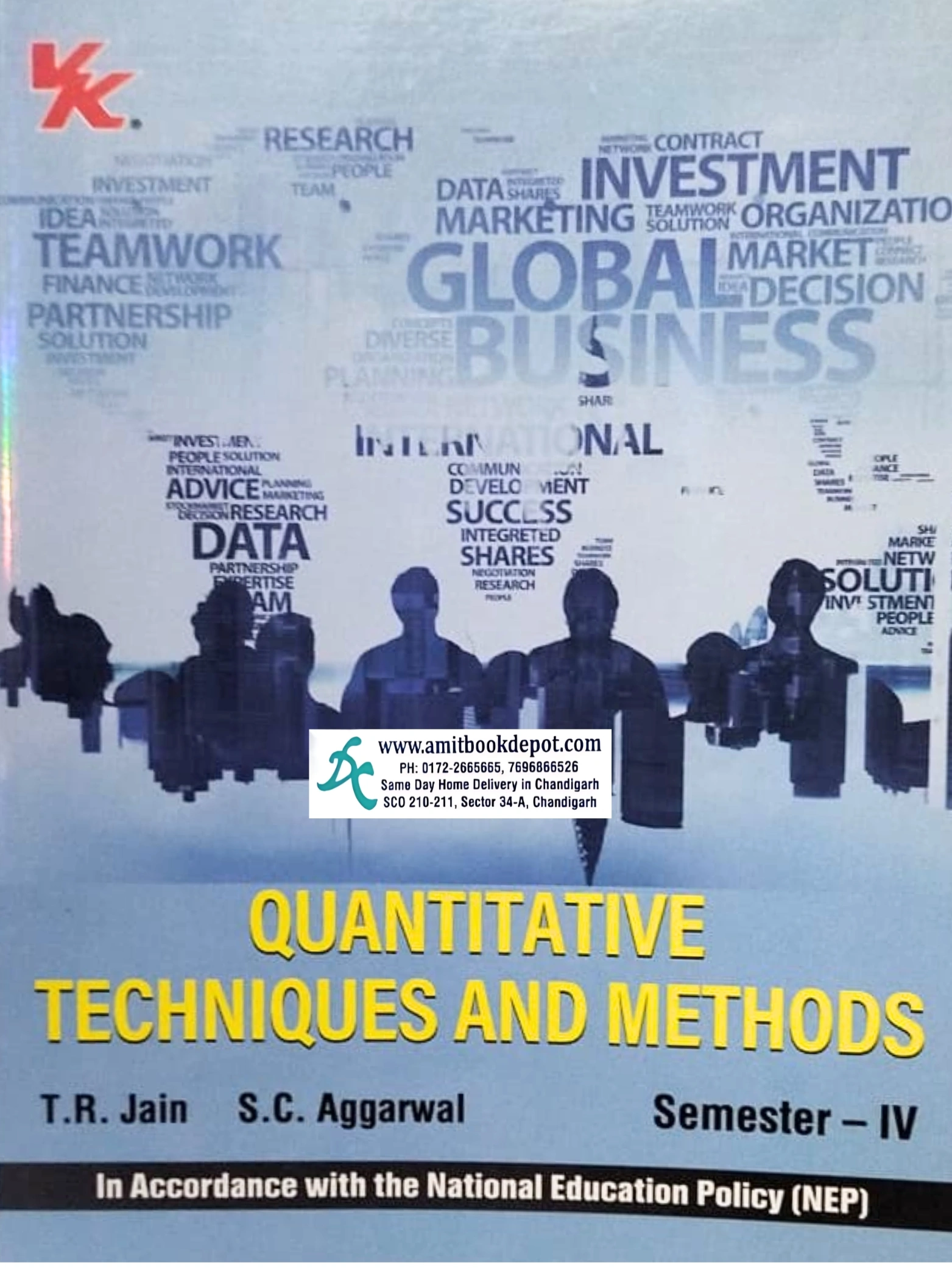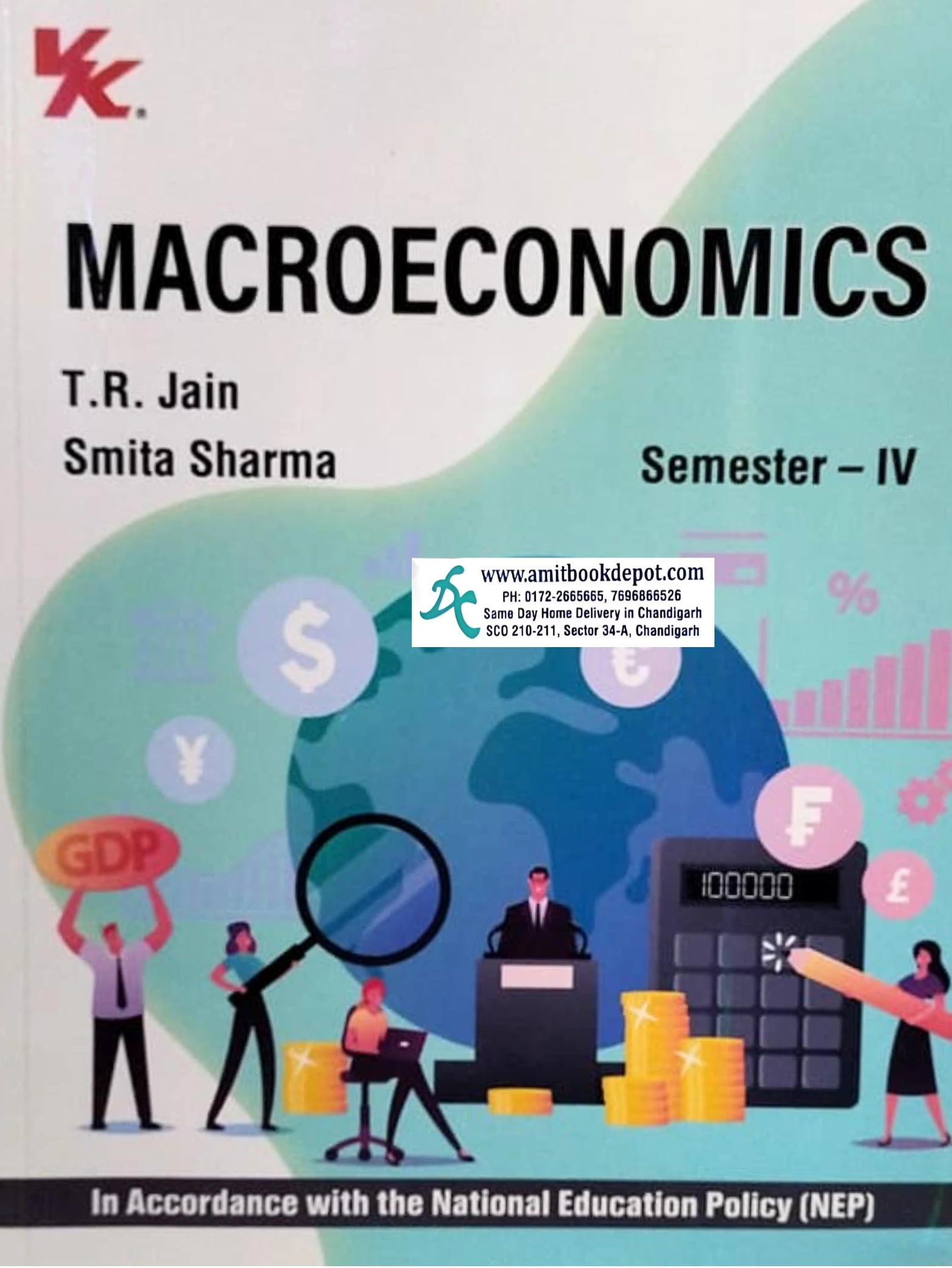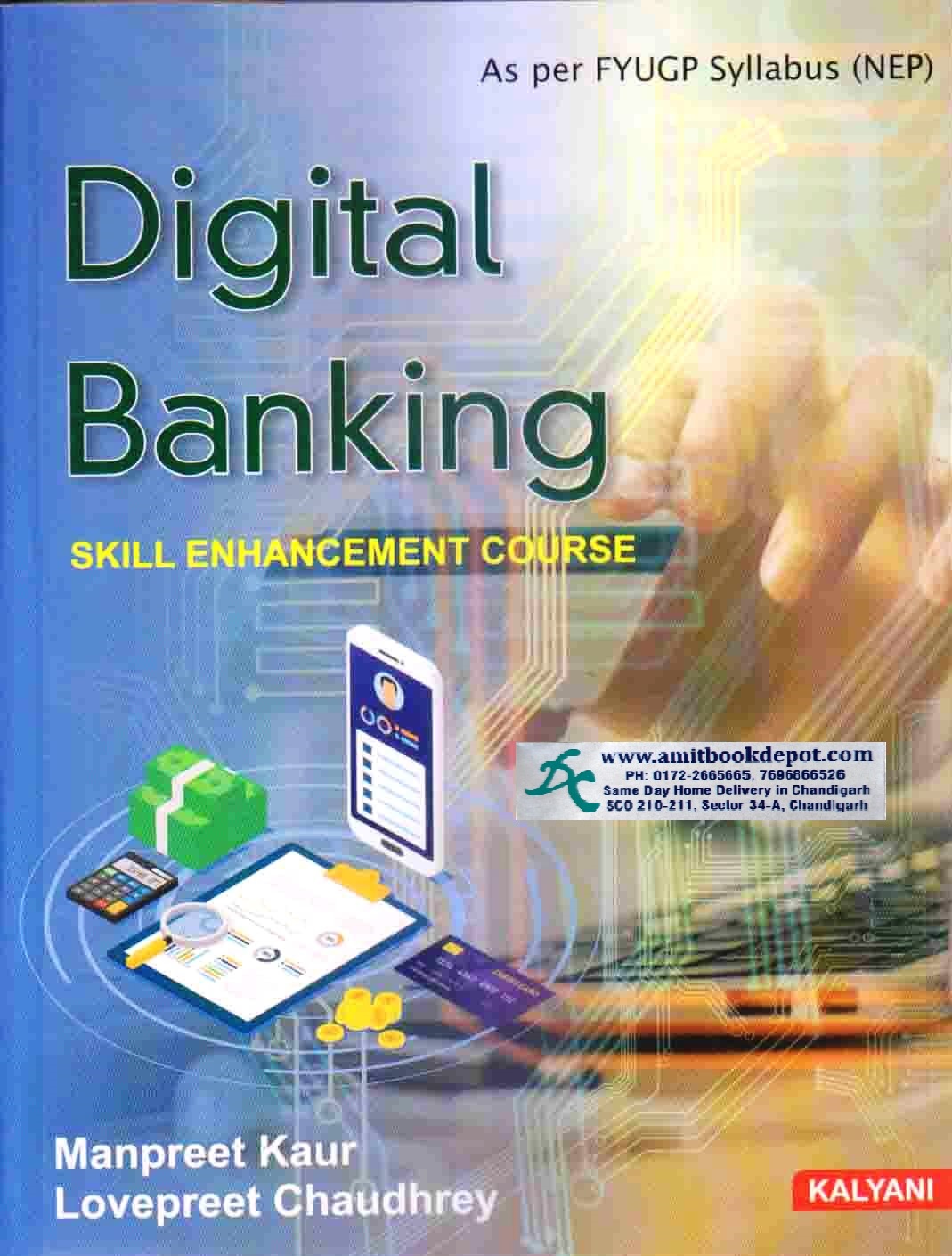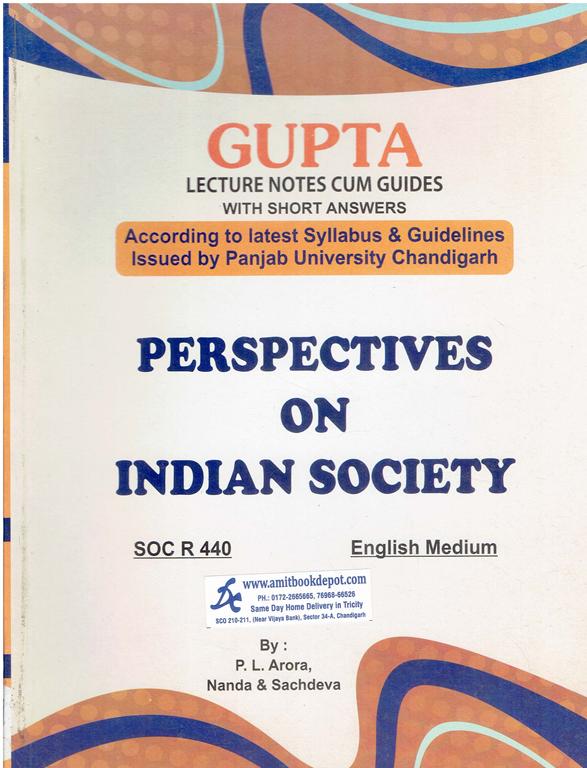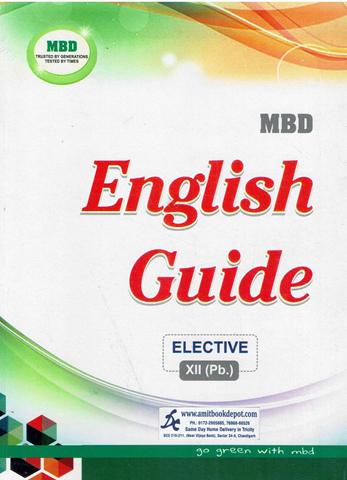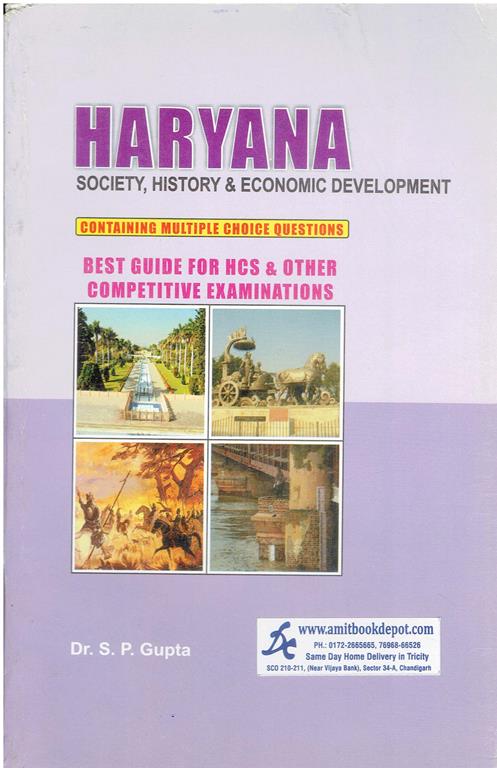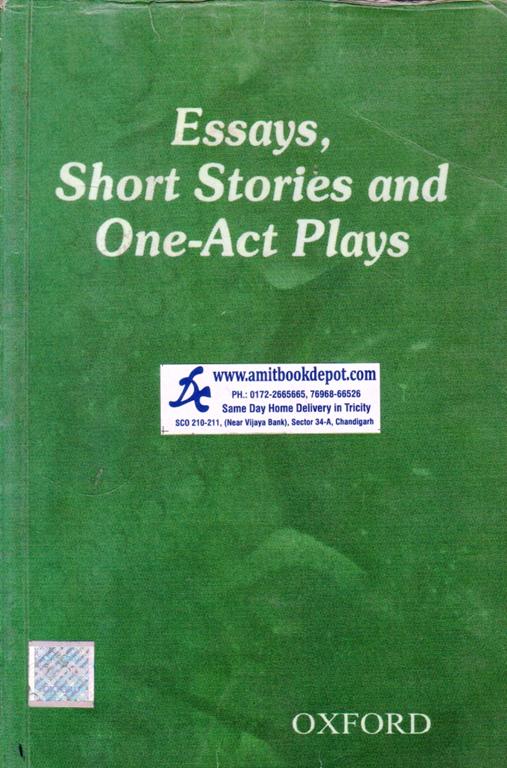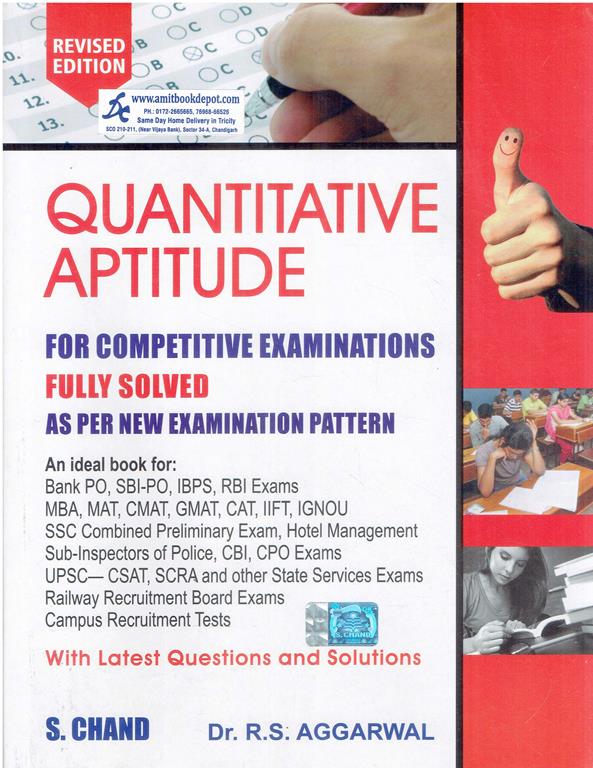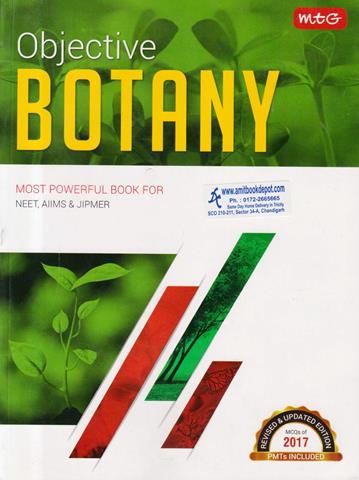MBA 935-18 Leadership and Team Dynamics
Course Objective: This course is designed to be an interactive exploration of team dynamics and leadership. Through the introduction of current theories and models, students will learn to work effectively in groups, increase their understanding of leadership, make effective decisions, and stimulate the development of new skills through demonstration and practice.
Course Outcomes:
CO1: Understand the history of leadership and current leadership theories.
CO2: Explain how leadership models are put into practice personally, locally, and globally.
CO3: Discuss the knowledge of developing leadership abilities.
CO3: Describe the concept of Strategic Leadership and ethical leadership.
CO4: Explain composition, formation, and development of teams.
CO6: Illustrate the dynamics of team Performance and motivation and the role of leadership in dynamics of team management and decision making.
Unit –I
Leadership: Meaning, definitions, Skills and Roles of a leader, analysis of leadership theory; Leadership traits and ethics: Personality traits and leadership, Leadership attitudes, ethical leadership, Leadership behavior and motivation, contingency leadership. Understanding the inspiration, dilemmas and issues in becoming a leader.
Unit –II
Leadership theories and styles, charismatic and transformational leadership, team leadership, organizational Leadership, strategic leadership, Leadership for Creating high performance culture, Leadership development through self-awareness and selfdiscipline, Development through education, experience and mentoring, Succession, Evaluation of leadership development efforts, leadership communication.
Unit –III
Strategic leadership, ethical leadership, the leader as social architect-creating vision and strategic direction, shaping culture and values, designing and leading a learning organisation, leading change, spiritual foundations of personal effectiveness, the habits of highly effective people.
Unit –IV
Team composition, formation, and development-Team Performance and MotivationTeam Conflict and Leadership-Team Decision Making , Discovering the interpersonal orientation through FIRO-B, Experiential learning methodologies-T- group sensitivity training, encounter groups, appreciative enquiry, Discovering facets of interpersonal trust through Johari window, communication skills, Negotiation skills and strategies for team building, , team morale, conflict resolution in teams, competitive vs collaborative behavior, developing collaboration.
Note: Relevant Case Studies should be discussed in class.






